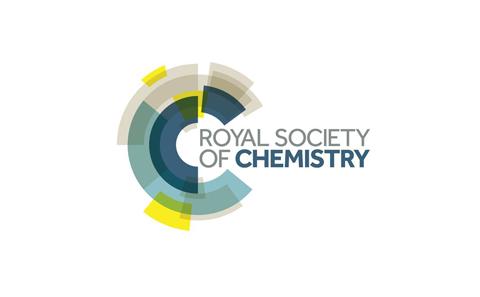Changing the Landscape: Prospects for NMR and MRI through SABRE Seminar

- Time:
- 14:00
- Date:
- 20 February 2019
- Venue:
- Building 27, Room 2001 Chemistry University of Southampton SO17 1BJ
For more information regarding this seminar, please email Dr. Seung Seo Lee at S.S.Lee@soton.ac.uk .
Event details
2018 Tilden Prize Lecture by Prof. Simon Duckett is presented by RSC Mid Southern Counties Local Section.
The techniques, Magnetic Resonance Imaging and Nuclear Magnetic Resonance spectroscopy play an ever growing role in health care, the chemical industry and academic research. Surprisingly, they currently perform at a fraction of their potential because signal detection suffers from inherent low sensitivity. Consequently the equipment costs are high, measurement times are long and workflow often low. In 1953 seminal work by Overhauser suggested a route to improve sensitivity by perturbing the normal nuclear spin dynamics away from their equilibrium position. Such approaches are now referred to by the term hyperpolarisation, and could at the limit improve existing proton detectability levels on a human 1.5 T MRI scanner by an amazing 200,000 times. One consequence of such a change is that the diagnosis of disease through the direct tracking of cellular metabolism should become feasible. Furthermore, NMR spectroscopy measurements would no longer be limited to relatively high concentrations and for both methods the use of lower magnetic field strengths might be expected to become viable.
This talk sets out to challenge the way we thing of using MRI and NMR. It will discuss transformative progress in the field of dynamic nuclear polarisation to set the scene before describing how work in York has revealed how the catalytic sensitisation of materials becomes possible if we harness parahydrogen as a latent hyperpolarisation source. Applications in the fields of NMR, MRI, catalysis, the study of fast reactions and analytical science will be discussed. High sensitivity methods to challenge to relaxation timescale of magnetic resonance will be illustrated so that in the future hyperpolarisation might compare with Positron Emission Tomography. Studies at low magnetic field will be used to confirm the exciting future that much-lower cost MRI could play.
If you like to see Prof Duckett before or after the seminar, please contact Dr Seung Lee at s.s.lee@soton.ac.uk.
Speaker information
Professor Simon Duckett, University of York. The Duckett group uses high sensitivity MR methods to study chemical change.